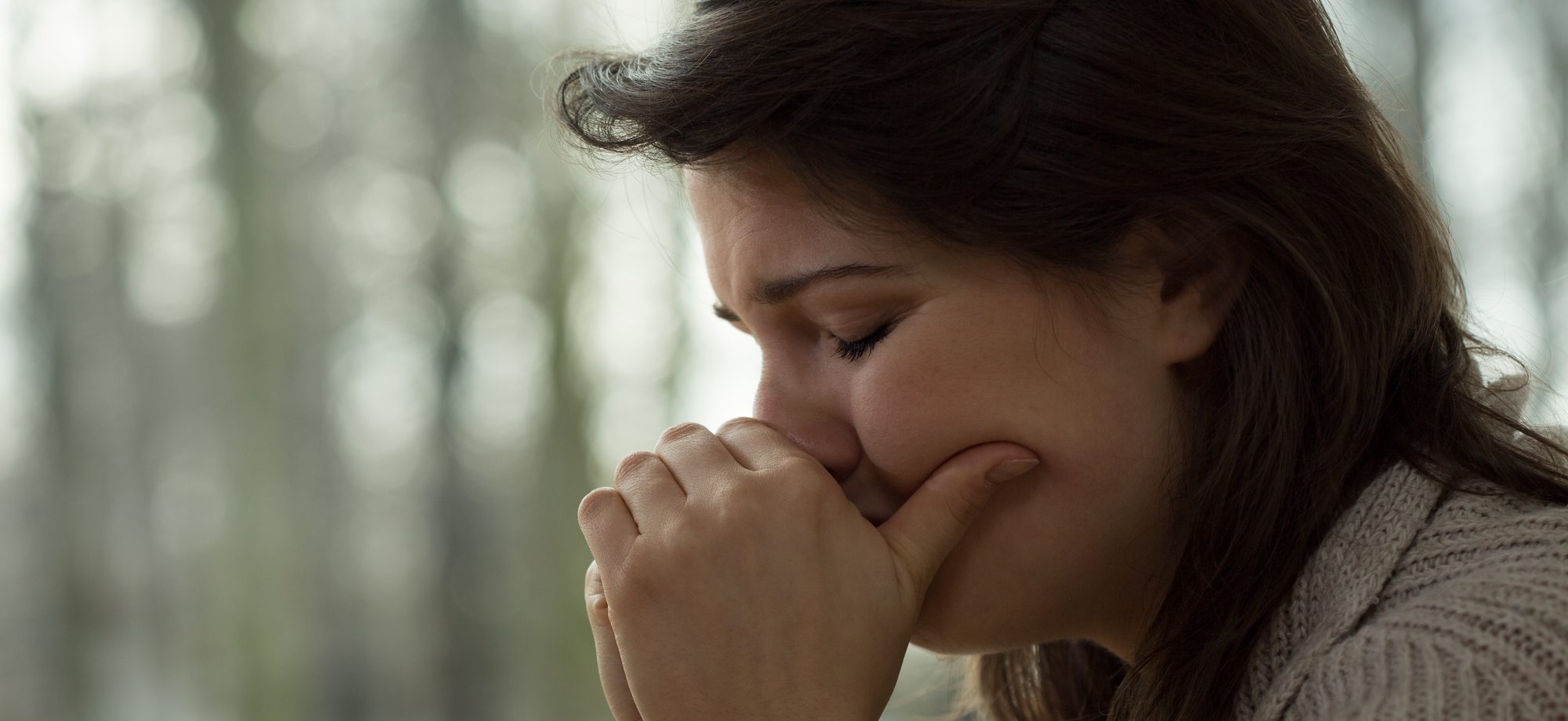
Different Types of Anxiety Disorders
It is almost impossible to meet a person who has never been stressed out or felt anxiety at least for some time. When we are worried we can feel that everything is about to collapse and things are out of our control. Anxiety disorder is characterized by extreme feelings of dread, fear and difficulty concentrating. Sometimes people who experience anxiety are able to overcome it on their own, but in more severe cases the treatment is needed. The treatment may include cognitive therapy, prescription medications and relaxation techniques depending on a particular case. The causes of anxiety always lie in the subjective experience that is important to understand in order to effectively treat this mental disorder. Each type of anxiety disorder is characterized by certain symptoms, level of anxiety and circumstances in which it occurs. Here these different types of anxiety disorders are described.
Panic Disorder
One of the most common types of anxiety disorders is panic disorder. With this condition, a person has short panic attacks that occur unexpectedly and have chronic consequences. During panic attack, a person has an intense feeling of fear and apprehension and very often experiences trembling, increased heartbeat, sweating, difficulty breathing and problems with concentration. Panic disorder is quiet often linked with agoraphobia (type of anxiety when a person is scarred of being in a place or situation where there is no easy way to escape) and social phobia, if left untreated. But, in most cases it is possible to treat this disorder with drugs and psychotherapy.
Obsessive-Compulsive Disorder
Obsessive-compulsive disorder (OCD) is an anxiety disorder when a person has obsessions (intrusive and persistent thoughts) and need to perform certain rituals repeatedly. By performing these compulsive acts a patient relieves his anxiety. Common activities usually include washing hands, checking things or counting them, closing doors, etc. This mental disorder causes distress and negatively affects patient’s life. Although a person with OCD realizes the behaviour is not reasonable, if something impedes his routine he feels dread and anxious.
Post-Traumatic Stress Disorder
Other common type of anxiety disorder is post-traumatic stress disorder (PSTD). This disorder can result due to a traumatic experience or event that a patient was exposed to. This, for example, can be war, rape, natural disaster or a serious accident. The symptoms of PSTD include irritability, depression, disturbing thoughts about the event and emotional numbness. Very often this disorder develops when some time after the extreme tragic situation has passed, not just after it. When soldiers come home after being in a war they usually have suffer from this disorder.
Social Anxiety Disorder
Social anxiety disorder (SAD) or also called social phobia is characterized by intense fear and anxiety of social interaction and avoidance of crowds. This anxiety disorder causes considerable distress and dysfunction in patient. Also SAD manifests in physical symptoms, such as sweating, difficulty speaking and blushing. People with social phobia find it hard to perform usual daily activities, such as going to university or work or doing shopping.
Treatment for Anxiety Disorders
In most cases anxiety disorders are possible to treat with drugs like Xanax or any other anti-anxiety medication. Of course, you shouldn’t buy any of these drugs without consulting your doctor first. If you think you have any type of anxiety disorder, visiting a psychiatrist is the best thing to do. Only a professional doctor can identify what kind of mental disorder you have and prescribe you suitable medication. Drugs like Xanax should be used only if prescribed. Otherwise you have a risk of worsening the problem.